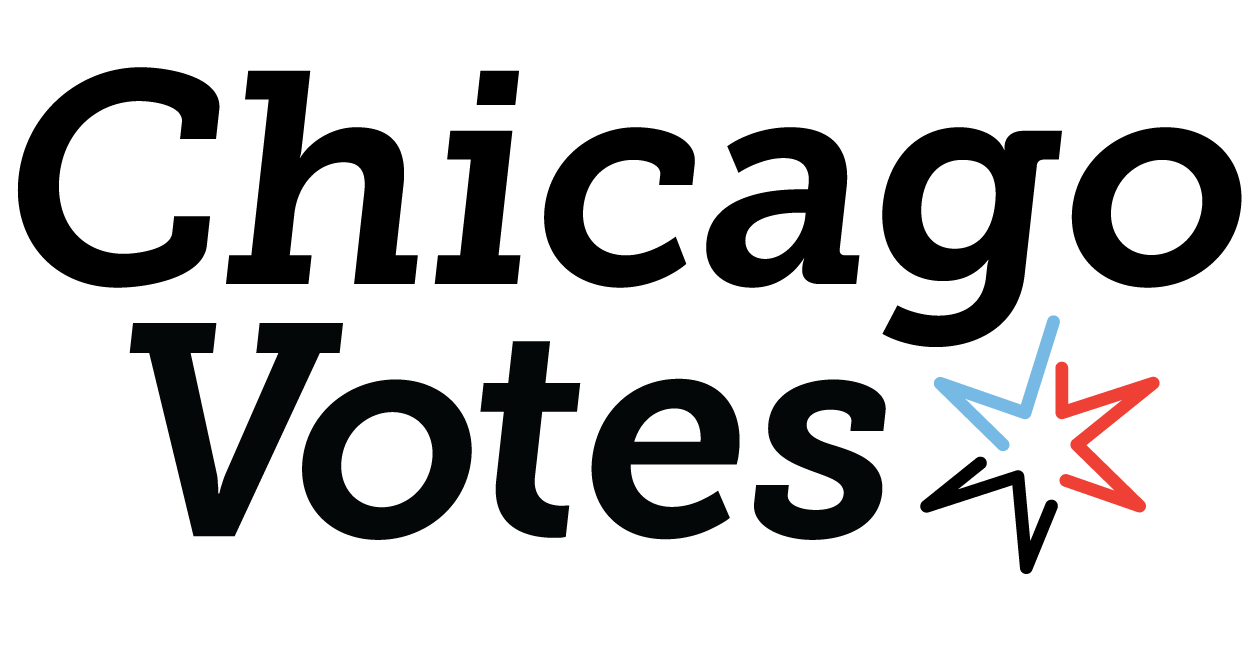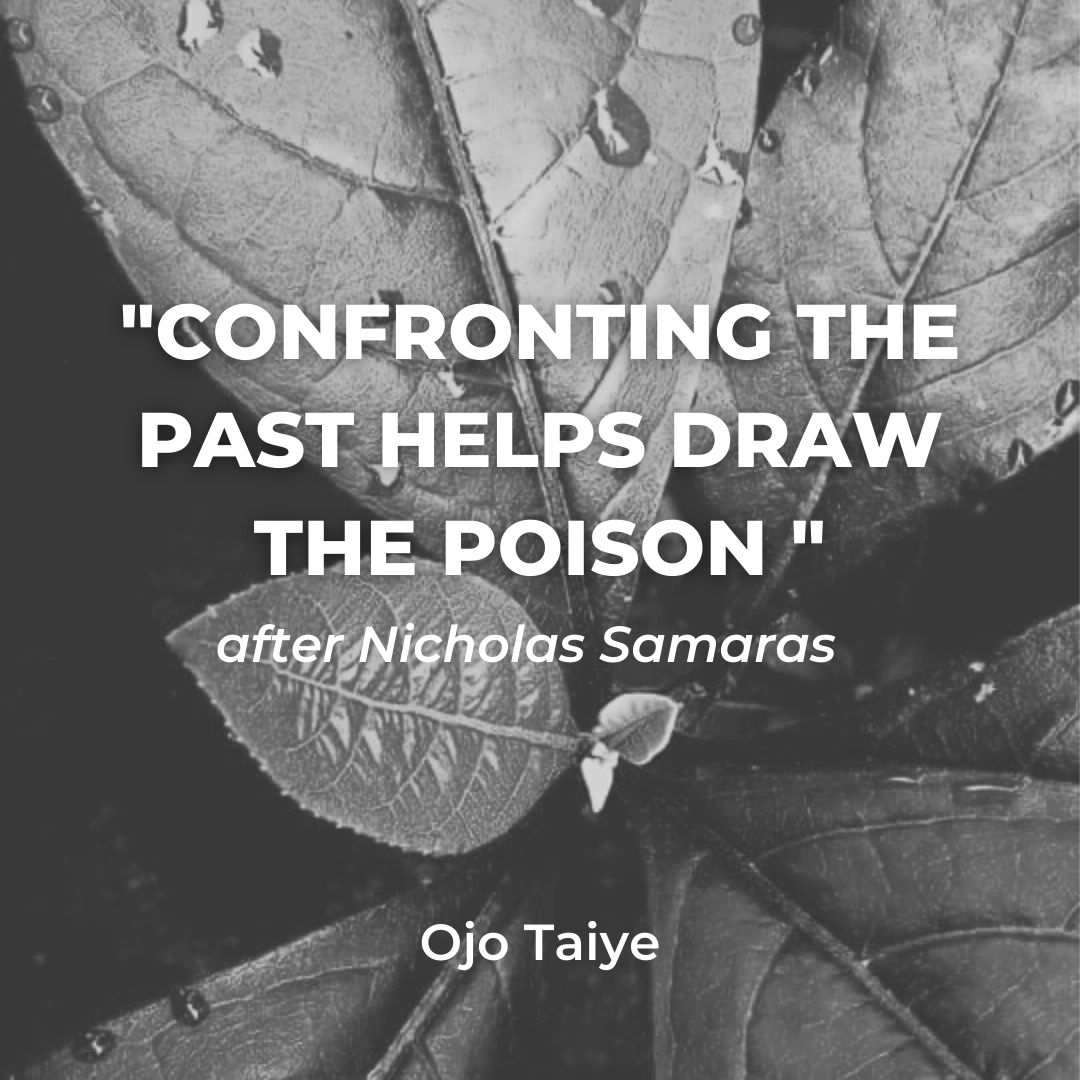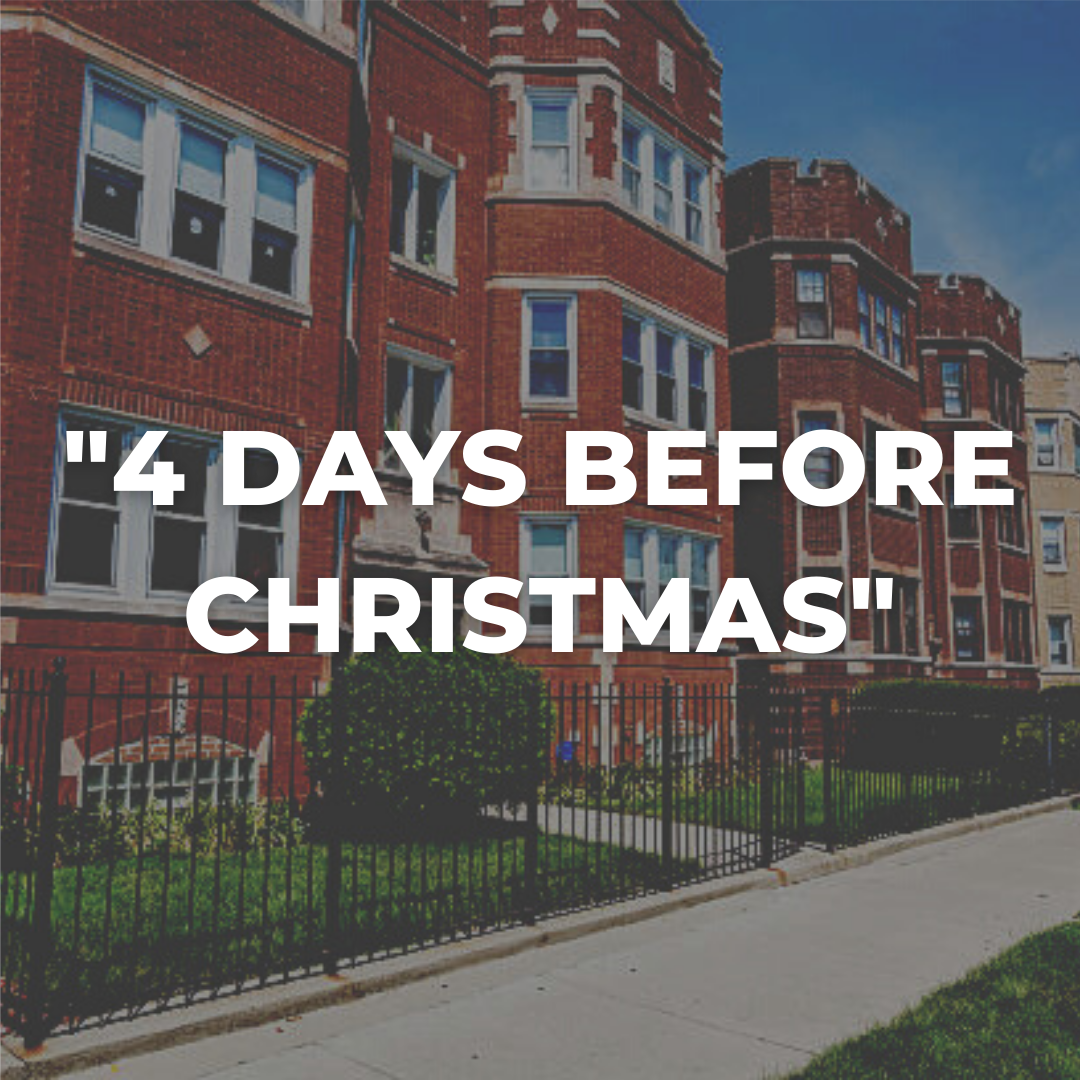By Caleb Dunson
In the summertime, music blares from cars and homes. Songs from the Isley Brothers and Chief Keef mix together to envelop your ears in a new, chaotic soundtrack, its bass rattling the ground you stand on. The smell –– a mix of car exhaust, weed, and liquor –– thickly coats the air. The warmth brings seniors out onto their porches and young folks out onto the block, both groups with nothing good to do. In the morning, working adults dressed in suits, scrubs, and fast food uniforms find their way onto the elevated train that screeches by every seven minutes. They don’t return until the sun has nearly set.
At night the street lamps and illegal fireworks create beautiful constellations, and the moon shimmers in the background. The train still shrieks and the music still blares, but now the chatter of evening conversations floats through the air. Gunshots echo sometimes, but with the fireworks, it’s hard to tell just how often.
Go a couple of blocks westward, though, and it’s quiet. The mornings are filled with birds whispering, squirrels scurrying, and runners panting. The elderly move in packs on their morning walks, gossiping and judging the quality of their neighbors’ massive lawns. The air is fresh, the trees and grass pristine, the houses glistening in the sun. On one block, a kaleidoscopic BLACK LIVES MATTER mural is plastered on the pavement. It was defaced last summer, but no one talks about that.
In the afternoon, teenagers, mostly white, spill out of the local high school. Some wander about, and others rush to sports practice, all of them talking about everything and nothing. The night returns to quiet as the perfect four-person families settle into their homes to have dinner together and watch evening tv shows. The idyllic life in the idyllic neighborhood.
There are two worlds, and I live on the threshold between them. My house sits on the street that separates Austin –– one of the poorest and most dangerous neighborhoods in Chicago –– from Oak Park –– a white middle-class suburban paradise. It’s a wide street, the buses run on it, the train perpendicular to and above it. Potholes riddle the pavement on the city-side, but the suburb side is always freshly paved.
Oak Park was first settled in 1835 as a small rest station for travelers. But after the 1848 construction of the Galena and Chicago Union Railroad, settlers began moving to the town in droves. In 1865, one of those settlers, Henry Austin, purchased 470 acres of land just east of Oak Park to establish a settlement he would call “Austinville.” He envisioned the town as a quiet, greenery-rich, temperance community, and built it into exactly that, incorporating the area into the collection of suburbs known as the Cicero Township.
Among other amenities, Austinville’s elevated train service ––– developed in the late 1880s –– drew people to the town, and by the 1890s Austinville had become the largest settlement in the Township. When Austinville looked to extend its elevated train through Oak Park, the Oak Park residents refused, but because of its sheer population size and political power, Austin steamrolled the smaller suburb and got the extension approved. Just before the turn of the 20th century, Oak Park and the other small suburban towns retaliated by voting Austinville out of the Township, and it was soon annexed to Chicago in 1899 under the name Austin. Thus began the tension between the two neighborhoods.
Today, that elevated train runs westward from the business district in downtown Chicago, through Austin, and straight into the heart of Oak Park. It transports white-collar workers from the blissful suburb to the bustling city. It takes money straight from the heart of Chicago and sends it right out into the suburbs, skipping over Austin.
The only time Oak Park residents and Austin residents interact, if you could call it that much, is on that train. During morning rush hour, they crowd onto the elevated platform, waiting silently next to one another. Once on the train, they ride in silence. The only exchanges they share are “is this seat open” as they pile onto the train cars, and “excuse me” as they quickly brush past one another. And they exit in silence too, the Black Austin residents trickling off the train as it travels eastward through the neighborhood and approaches downtown, eventually leaving train cars full of white workers.
When Oak Park residents decide to venture into Austin, they often do so to exploit and extract. In March of 2021, when the City of Chicago was beginning to distribute the COVID vaccine, they decided to vaccinate adults in “underserved community areas” before allowing all adults across the city to get vaccinated. Austin was one of those community areas. And yet, as I stood in line outside of my neighborhood vaccination site, I saw several groups of white families trying to appear as if they lived in the neighborhood and not-so-subtly whispering about their post-vaccination brunch plans in Oak Park. They were never caught.
Around the same time, the City of Chicago launched a capital program to invest in a list of “traditionally underfunded community areas,” and once again Austin made that list. Soon after the program’s launch, the city began awarding contracts for development projects in Austin. The crown jewel contract was a redevelopment project on the Laramie State Bank, a sprawling multi-story building with cream bricks and gold terracotta sculptures etched into its walls. Several Austin-based organizations applied for the contract. It was won by Oak Park Regional Housing.
In the early 20th century, Austin turned into a refuge for middle-class European immigrants, and with those immigrants came expansive housing development projects. Victorian mansions, two-flats, bungalows, condos, and apartments, along with massive parks and green spaces sprouted up around the neighborhood. But by the 1960s, redlining had reached its height on the predominantly Black South Side of Chicago, and middle-class Black families, frustrated with discriminatory housing laws, began moving to Austin en-masse. In response, white Austin residents, convinced that the influx of Black families would tank their property values, sold their homes and fled to the surrounding suburbs like Oak Park, taking their tax dollars and investing power with them. Real estate brokers took advantage of the mass exodus, selling newly vacant properties to Black families at exorbitant prices and offering predatory mortgages. Property values depreciated, and with manufacturing jobs disappearing throughout the latter half of the 20th century, the neighborhood was plunged into social and economic disarray. Businesses died, families left, crime rose. The neighborhood fell.
When my mom, fresh out of graduate school, bought our third-floor condo unit in 2007, Austin was framed as an up-and-coming community, and the idea of the neighborhood being re-annexed by Oak Park seemed plausible. But nearly 15 years and two economic crashes later, nothing much has changed. The Victorian mansions are hollow, as if their very essence has been sucked out. Their roofs are cracked, their paint is peeling, and their foundations are crumbling. Only their broken facades remain, offering a haunting image of what once was. Vacant lots line the streets, mixing concrete and waist-high weeds. The parks’ trees are infected with ash beetles, which eat away at the trees’ bark, leaving them smooth and weak. The grass in the park has died, leaving patches of dirt littered with liquor bottles, crack bags, and junk food wrappers.
And yet, in spite of that, community persists here. When I was 6, my mom used to take me to the town hall building, a structure reminiscent of Philadelphia’s Independence Hall, to play basketball. The local park district didn’t have jerseys for us, so we had to play shirts and skins. That same year I was in a summer program at the now-closed Marcy Newberry childcare agency. We ate cheap lunches, played on old playgrounds, and took one major field trip to a fast-food restaurant. I got my first haircut from an old childhood friend of my dad; they had grown up together in Austin. In fact, my parents first met while working high school jobs at a McDonald’s in the area. On special occasions, my mom would take me to MacArthur’s, a soul food restaurant that served huge portions and vowed to keep their prices affordable for the community.
Backyard parties played stepping music and got the old folks dancing as if it was their heyday, and graduation parties showered young folks with gifts and praise to celebrate their success. When news broke of kids getting shot in our neighborhood, the entire community mourned. Vigils were held, and streetside memorials were made with pictures, stuffed animals, and flowers.
I love Austin, despite its struggles. I love that my neighborhood has shaped me, showing me just how chaotic and messy and magnificent the world can be. I love that Austin’s relationship with Oak Park has opened my eyes to injustice and gifted me with a passion for building a better society. I love that thinking about home keeps me grounded as I sit in stuffy classrooms with sons of billionaires, waiting for my moment to build that better world.
I love how the 100,000 lives in my neighborhood have been threaded together, how we find beauty as we cover those vacant homes with spray paint and turn them into art, how we find joy as we repurpose those vacant lots into playgrounds, how we find community as we congregate in those dying parks to celebrate holidays and family reunions. It’s not the idyllic life, but it’s beautiful.
Sources
Austin Coming Together. (2013). History – austincomingtogether.org. Austin Coming Together. Retrieved October 4, 2021, from https://austincomingtogether.org/history/.
Chicago Historical Society. (n.d.). Austin. Retrieved October 4, 2021, from http://www.encyclopedia.chicagohistory.org/pages/93.html.
Chicago ”l”.org: History – lake street ”l” chronology (1888-1924). (n.d.). Retrieved October 4, 2021, from https://www.chicago-l.org/history/chron_lake.html.
Donnelly, G. (2017, May 22). Our neighborhood pick: Austin. Chicago Reporter. Retrieved October 4, 2021, from https://www.chicagoreporter.com/our-neighborhood-pick-austin/.
Editorial Board. (2021, March 9). Saving Laramie State Bank. Oak Park. Retrieved October 4, 2021, from https://www.oakpark.com/2021/03/09/saving-laramie-state-bank/.
Eltagouri, M. (2017, July 14). Austin population drops to no. 2 in City for 1st time in 45 years. chicagotribune.com. Retrieved October 4, 2021, from https://www.chicagotribune.com/news/breaking/ct-austin-population-decline-met-20170714-story.html.
Hautzinger, D. (2020, June 24). Oak Park: Neighborhoods: Chicago by ‘L’. WTTW Chicago. Retrieved October 4, 2021, from https://interactive.wttw.com/chicago-by-l/neighborhoods/oak-park.
Moser, W. (2017, August 22). How redlining segregated Chicago, and America. Chicago Magazine. Retrieved October 4, 2021, from https://www.chicagomag.com/city-life/august-2017/how-redlining-segregated-chicago-and-america/.
PBS. (n.d.). Ask Geoffrey: The fascinating story of Antoinette Rich. WTTW News. Retrieved October 4, 2021, from https://news.wttw.com/2018/02/21/ask-geoffrey-fascinating-story-antoinette-rich.
WBEZ Chicago. (2020, June 3). How the Green Line, a pink house and 12 cents changed how I see my city. Unequal Home Lending In Chicago’s Austin Neighborhood. Retrieved October 4, 2021, from https://interactive.wbez.org/2020/banking/pinkhouse/.
Wingard, M. (2021, August 20). Austin: Neighborhoods: Chicago by ‘L’. WTTW Chicago. Retrieved October 4, 2021, from https://interactive.wttw.com/chicago-by-l/neighborhoods/austin.


